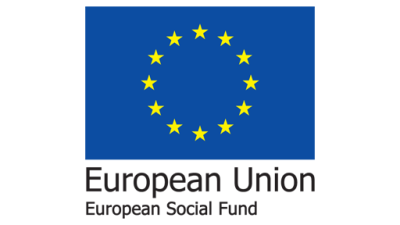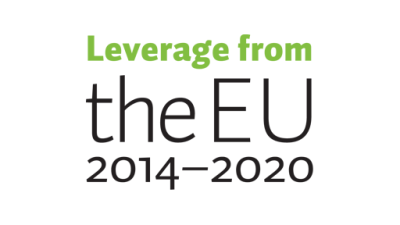Project
MUS&TE - Musiikista etähoivaa ja terveyttä
Project sponsors
Project results
The main goal of the project was to promote the use of music in the health care sector by using digital technologies and to develop digital skills and multidisciplinary cooperation between music and health care professionals. To this purpose, the project developed, tested, piloted and deployed various digital music services, methods and tools in collaboration with the target organisations. Multi-professional collaboration between music and health care sectors was promoted through the development of digital models where music and health care professionals work together. These services can be used in health care and therapy work and as part of preventive and rehabilitative group activities with different client groups.
The project tested and piloted for the first time in a work-life context the MuPsych mobile app, which tracks moods while listening to music. MuPsych is an app that can be used to collect data on music listening in everyday life, the effects of music on emotions and the reasons behind music listening. For the therapist, MuPsych can serve as a new tool to understand the client and his/her personal relationship with music. The client can use the app to understand how music affects emotions and how music can be used to regulate emotions.
The project involved also testing Resonance Frequency Breathing (RFB) and the use of music composed to it to guide relaxation with different client groups and for different purposes (e.g., treatment, therapy and patient examining situations). Resonant Frequency Breathing is a method that balances the autonomic nervous system, reduces stress and strengthens emotional regulation.
The methods and tools described above were tested in collaboration with music and health care professionals in real health care contexts, including music- and psychotherapy, service housing, group counselling and specialized medical care. Some of those methodological experiments have been opened as descriptions of the processes on the digital platform created in the project, so that anyone can apply the digital music products tested in the project in their own client work.
One of the main results of the project is the digital platform called soitava.fi. Soitava.fi is an open tool for all professionals interested in the exploitation of music and the application of the methods tested in this project. The site is intended to lower the threshold for integrating the well-being effects of music into everyday healthcare digitally. Some of the material is also available in English. The site includes instructions and instructional videos on the use of various therapeutic methods piloted in the project, music tracks for practical implementation of slow breathing rhythms, exercises for working with emotional music, a song library with backing tapes for singing along old school songs, and a guide to implementing music-based memorial group work.
As a result of the project, digital music products, methods and tools that reform nursing work have been taken to use and nursing and music professionals have been trained to use them. In this way, the project has reformed nursing practices, improved the digital skills of music and nursing professionals, and contributed to equal access to the arts. Although the project focused on music, through its pilots it can also help to envision guidelines for digital collaboration in other arts and care sectors.

